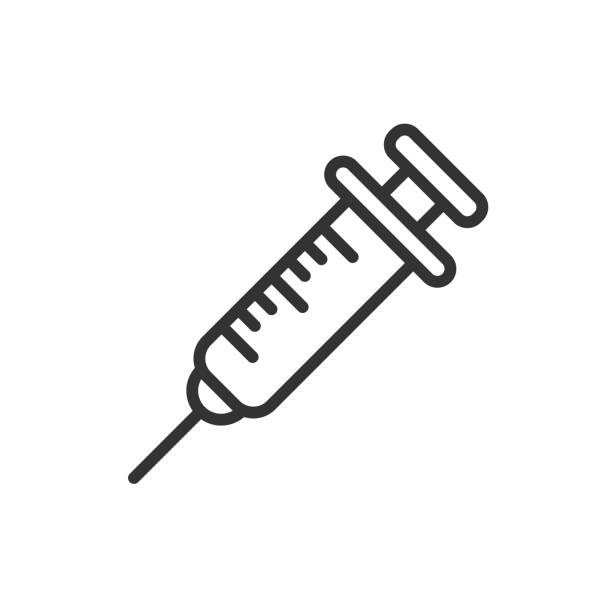Indications
Ifosfamide is indicated for use in combination with certain other approved antineoplastic agents for third-line chemotherapy of germ cell testicular cancer. It should be used in combination with Mesna for prophylaxis of hemorrhagic cystitis.
Pharmacology
Ifosfamide is converted to its active metabolites via hepatic microsomal enzymes. These active metabolites act as alkylating agents, disrupting DNA and protein synthesis of the target cells. It is routinely given with mesna to reduce urothelial toxicity.
Dosage And Administration
Lymphoma, Sarcoma, Solid tumours: Different licensed dosage regimens are available.
- Regimen 1: 8-12 gm/m2 divided over 3-5 days, repeat course every 2-4 wk.
- Regimen 2: 6 gm/m2 divided over 5 days, repeat course every 3 wk.
- Regimen 3: 5-6 gm/m2 (max: 10 gm), give as a single 24-hr infusion, repeat course every 3-4 wkly.
Germ cell testicular carcinoma: 1.2 gm/m2/day for 5 days via slow infusion over at least 30 minutes, repeat treatment every 3 wk or after recovery from haematological toxicity. To be given with mesna and adequate hydration of at least 2 L of oral or IV fluid per day.
Interaction
Causes enhanced toxicity with allopurinol, cisplatin. Ifosfamide enhances the anticoagulant effect of warfarin. CYP2A6 inducers (e.g. amobarbital, pentobarbital, phenobarbital, rifampin and secobarbital) may reduce serum levels of ifosfamide while the inhibitors (e.g. isoniazid, methoxsalen and miconazole) may increase its serum levels. CYP3A4 inducers (e.g. aminoglutethimide, carbamazepine, nafcillin, nevirapine, phenobarbital, phenytoin, and rifamycins) may reduce serum levels of ifosfamide while the inhibitors (e.g. azole antifungals, clarithromycin, diclofenac, doxycycline, erythromycin, imatinib, isoniazid) may increase its serum levels.
Contraindications
Hypersensitivity; severe bone-marrow depression. Pregnancy, lactation.
Side Effects
Confusion, alopoecia, nausea, vomiting, phloebitis, somnolence, depression, hallucinations. Wound healing may be impaired during ifosfamide use.
Potentially Fatal: Severe myelosuppression, haemorrhagic cystitis, nephrotoxicity, cardiotoxicity, coma.
Pregnancy And Lactation
Category D: There is positive evidence of human fetal risk, but the benefits from use in pregnant women may be acceptable despite the risk (e.g., if the drug is needed in a life-threatening situation or for a serious disease for which safer drugs cannot be used or are ineffective).
Precautions And Warnings
Hepatic or renal dysfunction, compromised bone marrow reserve. Use with mesna and ensure high oral/IV fluid intake to reduce urotoxic effects.
Therapeutic Class
Cytotoxic Chemotherapy
Use in special populations
Renal Impairment: CrCl <10: Administer 75% of dose.
Storage Conditions
Store at 20-25° C.
